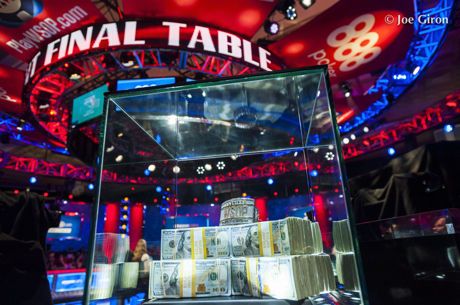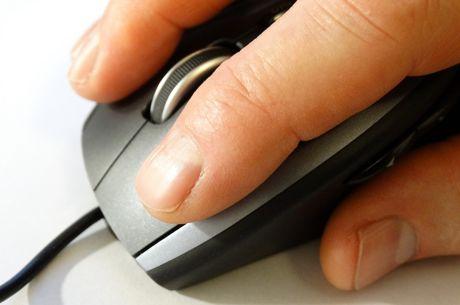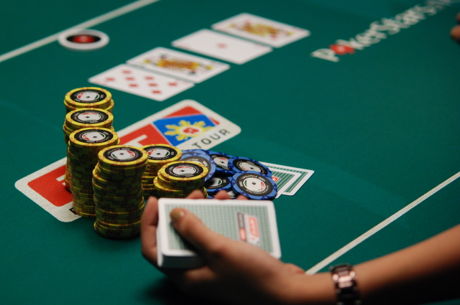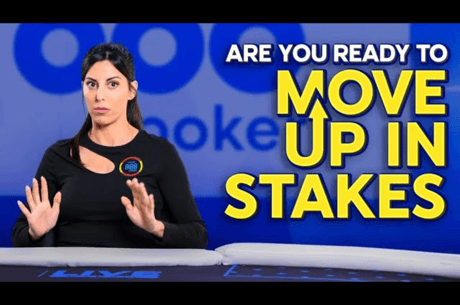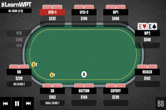Set Mining: Not Every Jackpot Is a Good Jackpot
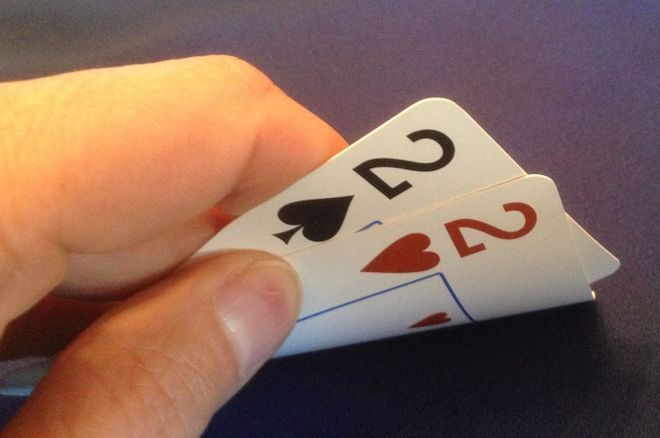
In my home state of Georgia, the lottery program runs a commercial entitled "Any Jackpot Is a Good Jackpot."
The commercial shows a husband feeling ashamed that he's played the lottery and only won the minimum jackpot of $15 million. His disappointed wife exclaims, "How could you? Only $15 million! I guess we're going to have to cancel the cable." The sarcastic ad ends with the punchline, "Any jackpot is a good jackpot."
Of course, if you understand math then you know that this is not true. A lottery ticket costs $1. The odds of winning the jackpot are roughly 1 in 260 million. This means that if you bought around 260 million tickets at a $1 a pop, you'd likely win the jackpot once. So a rough estimate of a break-even jackpot would be $260 million and you'd need to demand an even bigger payoff to account for negative factors like taxes. Hopefully, you can see why a $15 million jackpot is a huge ripoff.
A similar situation arises in poker. For example, when we call preflop raises in order to set mine with a pocket pair, we are essentially buying a lottery ticket. Like the real lottery, this proposition can only be profitable if we mind the math and make sure we are playing for a sufficient "jackpot."
Here are two negative factors that require us to demand a better price when calling to set mine.
1. When you aren't likely to get paid off when you hit
There is some magical number at which the lottery jackpot gets big enough to be profitable. At that point, playing it is not horrible because you are pretty much guaranteed to get the money if you win. I am unaware of a case where someone binked the jackpot and the state gave the winner the ol' "Sorry dude. I was bluffing. I fold."
However, we know that this happens all the time in poker. A guy opens from UTG and you call with a pocket pair. The odds against flopping a set are 7.5-to-1, so at a minimum you need to be able to win back at least 7.5 times your call to break even. As long as there are enough chips in the stacks behind and the guy can't get away from aces, then you're good.
But what if he doesn't have aces? What if he has K?K? and it comes ace-high �� or even worse, king-high? What if he was just bluffing from UTG and gives up on the turn?
All of these factors require you to get a much better price on your call than 7.5x. If you expect the guy to stack off with a hand worse than a set very often, then something like 10-15x is probably enough. If you're not sure if he will stack off with worse often enough, you may need closer to 20x.
2. When you aren't likely to even see the flop
Another spot where you will need better implied odds than you may realize is when there is a good chance that you won't even get to see the flop. This happens when you are in early position. A player opens from UTG at a 10-handed live table and you decide to set mine with 2?2? from UTG+1.
You know you are going to have to win more than 7.5x his raise to make the call profitable. You actually expect to win at least 20x the raise size if you hit your set, so you make the call. The problem here is that maybe 20x isn't even enough when you consider that there are eight players behind who could squeeze you out of the pot preflop if they pick up a premium hand or decide to bluff.
Any one of these eight players will be dealt JJ+, AK around 3 percent of the time. This means that collectively, at least one of them will be dealt a premium hand a little less than 24 percent of the time and may reraise you out of the pot. That means your set mining chips will become dead money almost a quarter of the time that you stick them out there.
This dilemma can be mitigated by anticipating this situation and giving yourself more room to defend against the three-bet. Instead of 20x, you may need to increase your UTG+1 set mining standard to something like 30x.
Conclusion
Set mining can be a profitable part of your game, but I believe many players vastly overestimate how profitable it is in certain spots. By not minding the math, you can easily overpay for a chance at a jackpot that may never come.
Don't be the guy who scoffs at the long lottery line in the gas station and then goes to the casino to repeatedly pay 15 percent of his effective stack trying to hit a set and stack an aggressive pro. High stakes bankrolls and my state's lottery coffers have been built on the broken dreams of people who think that any jackpot is a good jackpot.

